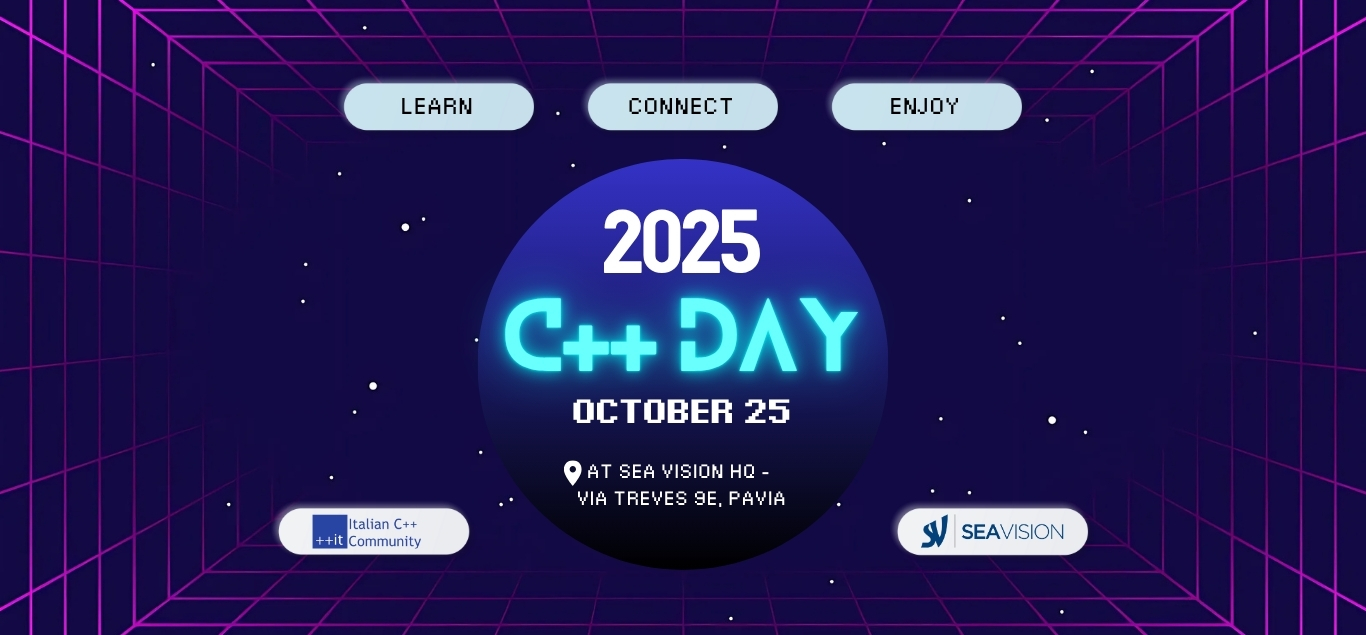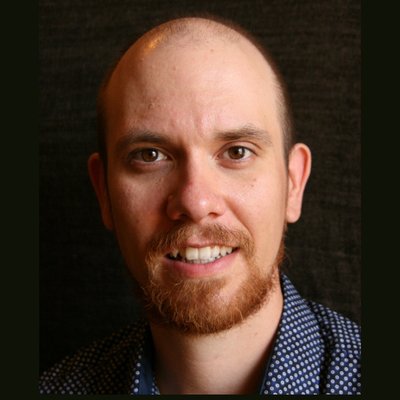CppCon 2025 Trip Report – tipi.build by EngFlow
CppCon 2025 was packed with exciting talks, deep dives, and great conversations.
CppCon 2025 Trip Report
by tipi.build by EngFlow
About the report
tipi.build by EngFlow attended both as a developer team and as a CppCon sponsor. Discover in our trip report the highlights from the sessions we attended and the talks we gave, How monday’s afternoon break started with ice cream + key takeaways and resources if you’d like to dive deeper.


 Registration is now open for CppCon 2025! The conference starts on September 13 and will be held
Registration is now open for CppCon 2025! The conference starts on September 13 and will be held